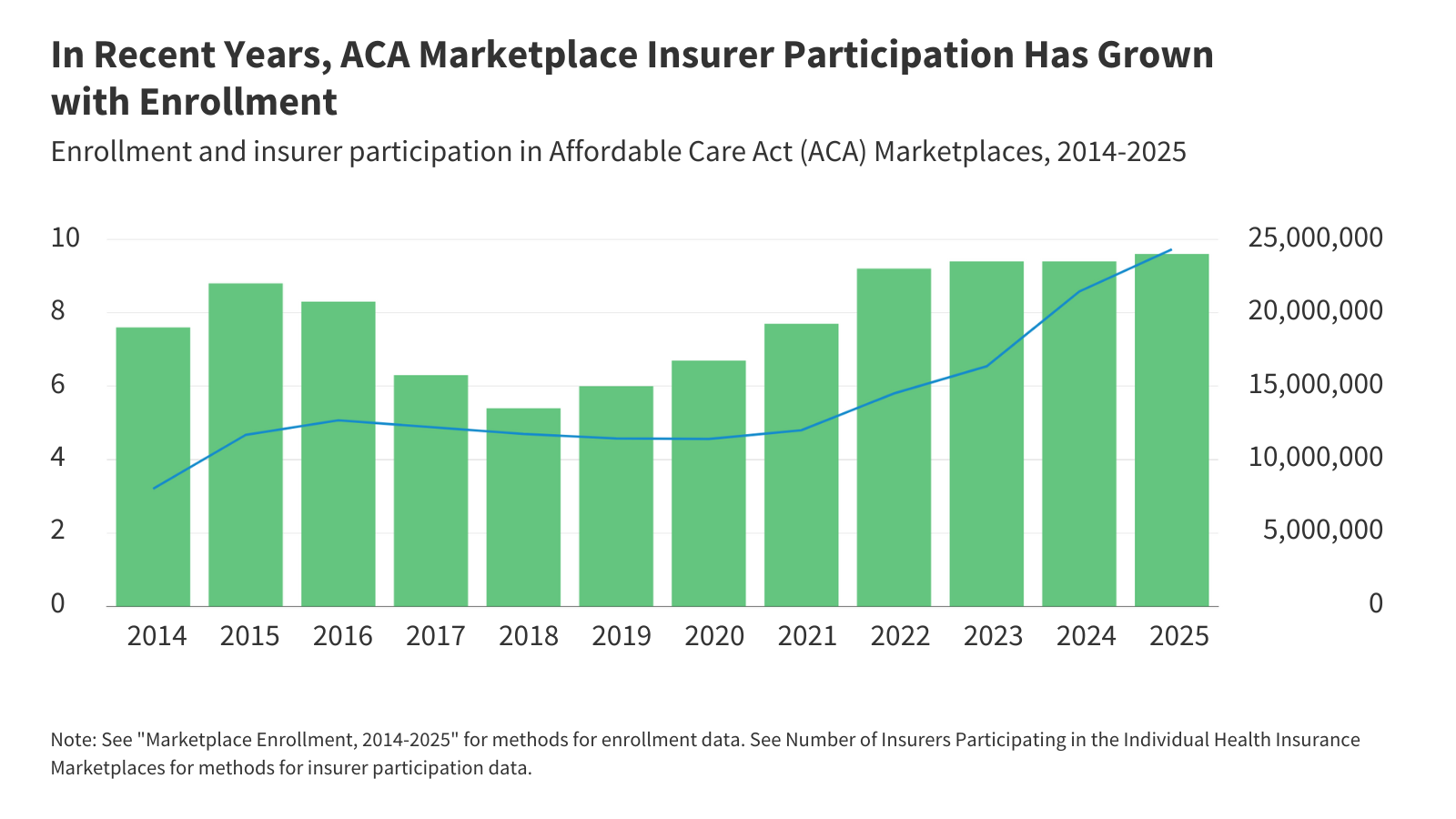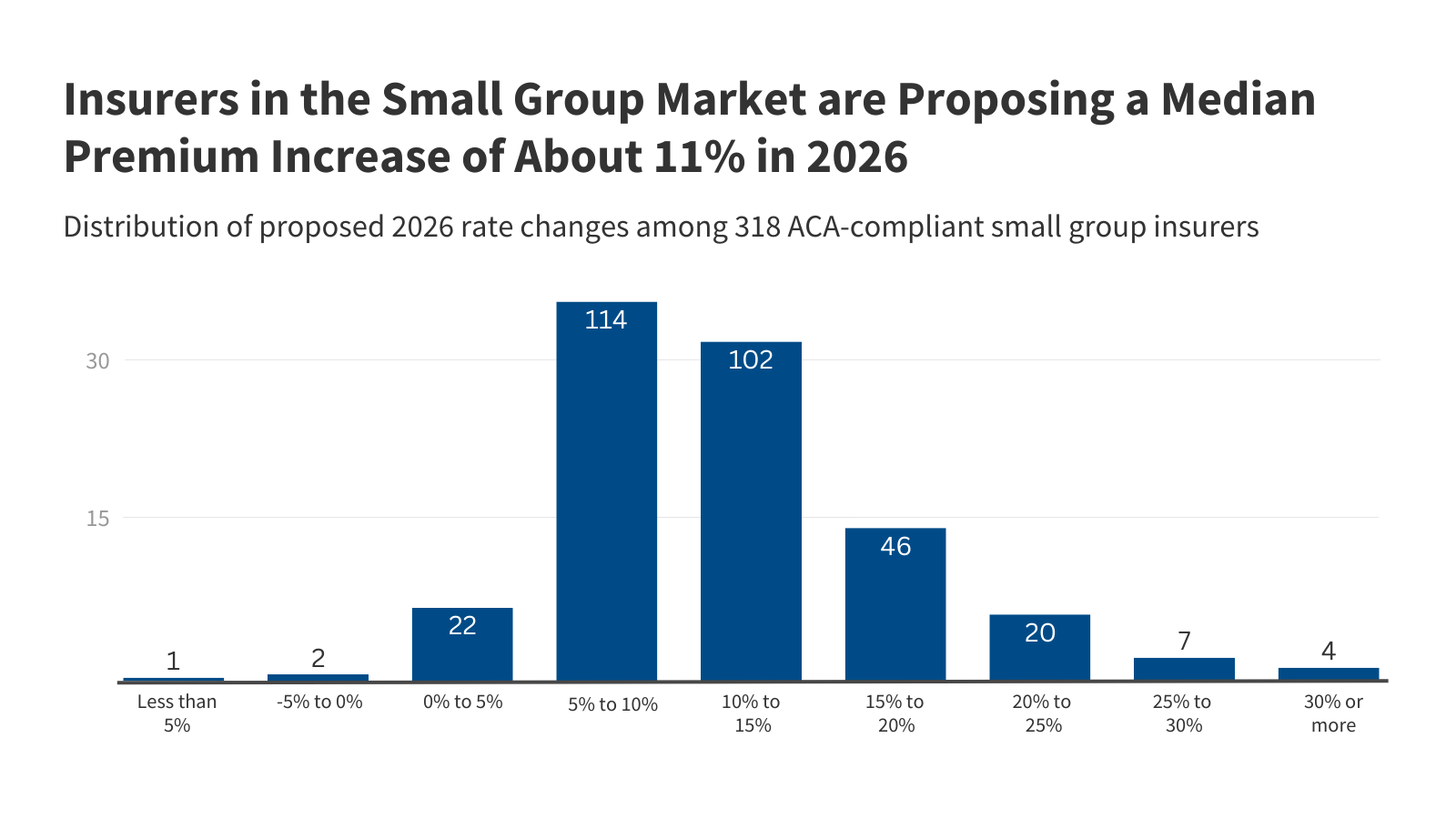Trump Has No Health Plan, He Has the Art of the Health Care Deal
KFF CEO Dr. Drew Altman analyzes President Trump’s “make a deal” approach to health care. He explains that while the president doesn’t have a health reform plan, or even “concepts of a plan,” or a replacement for the ACA, he does have a distinctive set of tactics that features one-off deals with the health care industry that are more like “health policy by transaction.” He writes that the deals “even do some good,” but “don’t change the long-term incentives of health care companies that participate in the deals,” and a big question is “whether they have staying power.”











